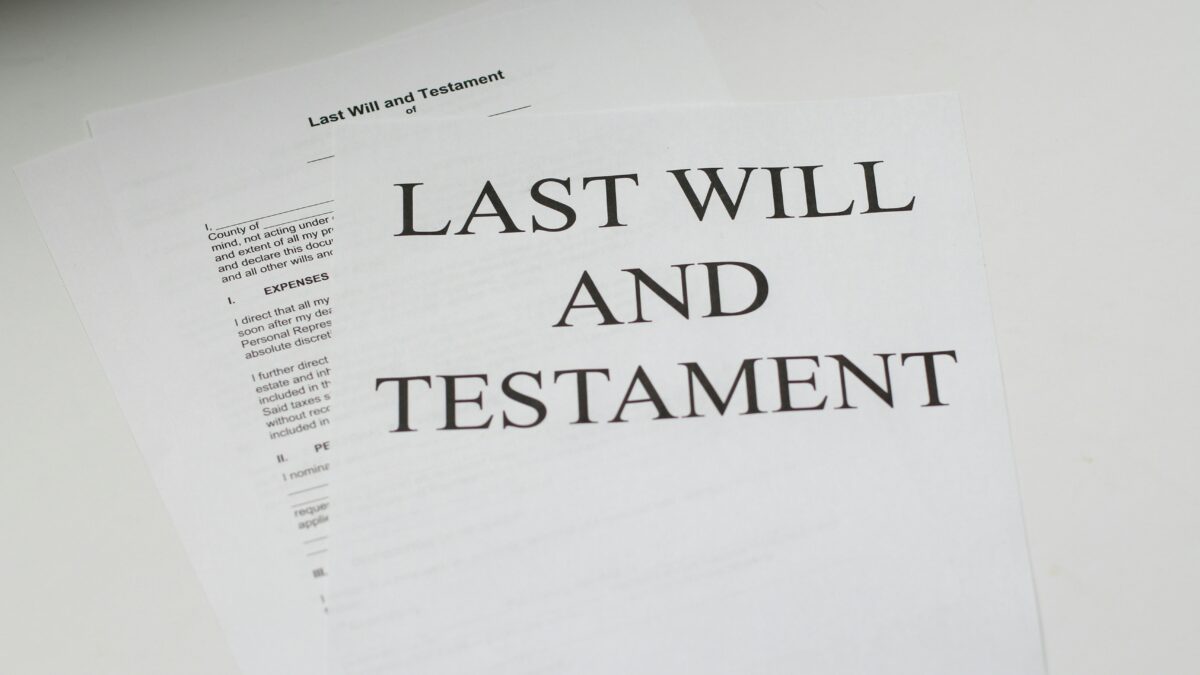Missing Beneficiaries in Wills: What Executors Should Do

If you’re administering an estate and facing the challenge of missing beneficiaries, it’s crucial to understand your legal responsibilities and the risks involved. Missing or untraceable beneficiaries can delay the distribution of assets, create legal complications, and potentially lead to personal liability for executors.
In this guide, Nazmin Sultan-Khan, Solicitor in our Wills and Probate team, highlights what steps executors should take when a beneficiary cannot be found and how to protect the estate from future claims.
What Are an Executor’s Duties Toward Missing Beneficiaries?
When someone passes away and leaves a will, the executor is legally responsible for carrying out the deceased’s wishes. This includes locating all named beneficiaries using all reasonable means. If the executor fails to locate a beneficiary and distributes the estate incorrectly, they may be held personally liable if the missing beneficiary later comes forward.
How to Locate a Missing Beneficiary in the UK
Tracking down missing beneficiaries requires thorough investigation. Reasonable steps may include:
-
Contacting known relatives or friends
-
Searching public records and social media
-
Instructing a professional tracing agent
-
Placing statutory advertisements in local and national newspapers
Documenting these efforts is essential. It shows you acted in good faith and helps protect against legal claims.
How to Protect the Estate When Beneficiaries Are Missing
Executors cannot simply divide the missing person’s share among the remaining beneficiaries. There are several legal options to consider when a beneficiary cannot be found:
1. Retain the Beneficiary’s Share
Keep the inheritance in a separate account or trust. While this ensures the funds are available if the beneficiary reappears, it means the estate remains partially open and ongoing obligations may apply.
2. Apply for a Benjamin Order
A Benjamin Order is a court order that allows you to distribute the estate on the assumption the missing beneficiary has died. This offers protection against personal liability, but involves court fees and legal work.
3. Take Out Missing Beneficiary Insurance
This insurance policy protects the estate if the missing beneficiary comes forward in the future. It enables distribution without waiting indefinitely, provided you’ve made reasonable efforts to find them.
Legal Risks Executors Face with Missing Beneficiaries
Failure to properly deal with missing or untraceable beneficiaries can result in:
➤ Delay in Estate Distribution
You must wait until all beneficiaries are accounted for or take formal legal steps before distributing the estate.
➤ Personal Liability for Executors
Distributing a share to the wrong person or failing to act diligently could leave you financially liable if a beneficiary later claims their entitlement.
➤ Court Applications
Seeking a Benjamin Order may be necessary in complex cases, which adds cost and complexity to the probate process.
➤ Ongoing Trustee Duties
If funds are retained, the executor may be required to manage them as a trustee—potentially for years—until the beneficiary is found.
➤ Potential Claims Against the Estate
Other beneficiaries may face clawback proceedings if they received more than their fair share due to a missing heir being wrongly assumed deceased or forfeited.
How We Can Help
Handling missing beneficiaries during probate can be stressful and legally complex. Our experienced Wills and Probate team can guide you through each step—from tracing heirs to obtaining insurance or court orders—while ensuring you’re fully protected.
✅ Need help locating a missing beneficiary or protecting the estate?
Contact us today to speak with our probate specialists.


